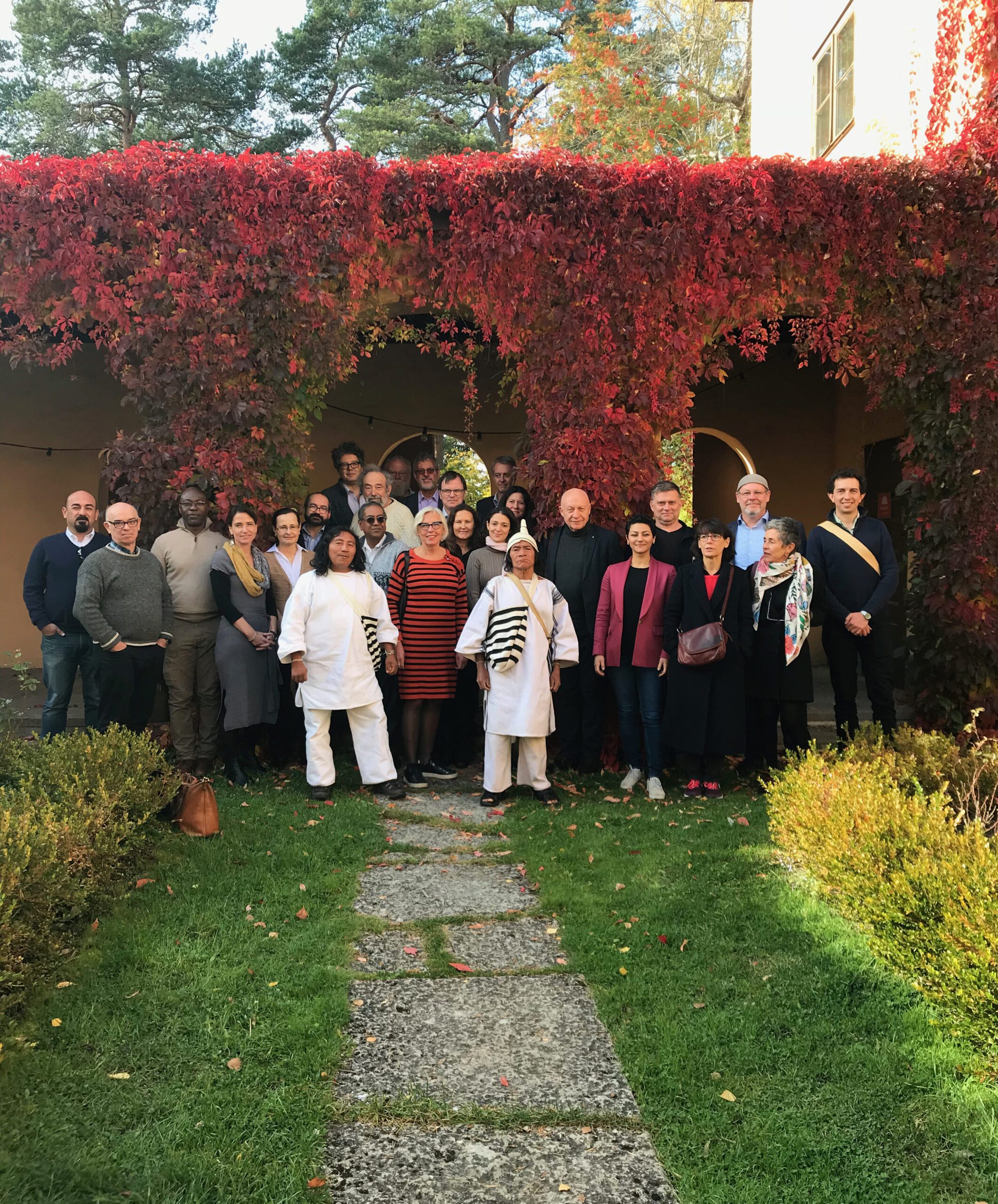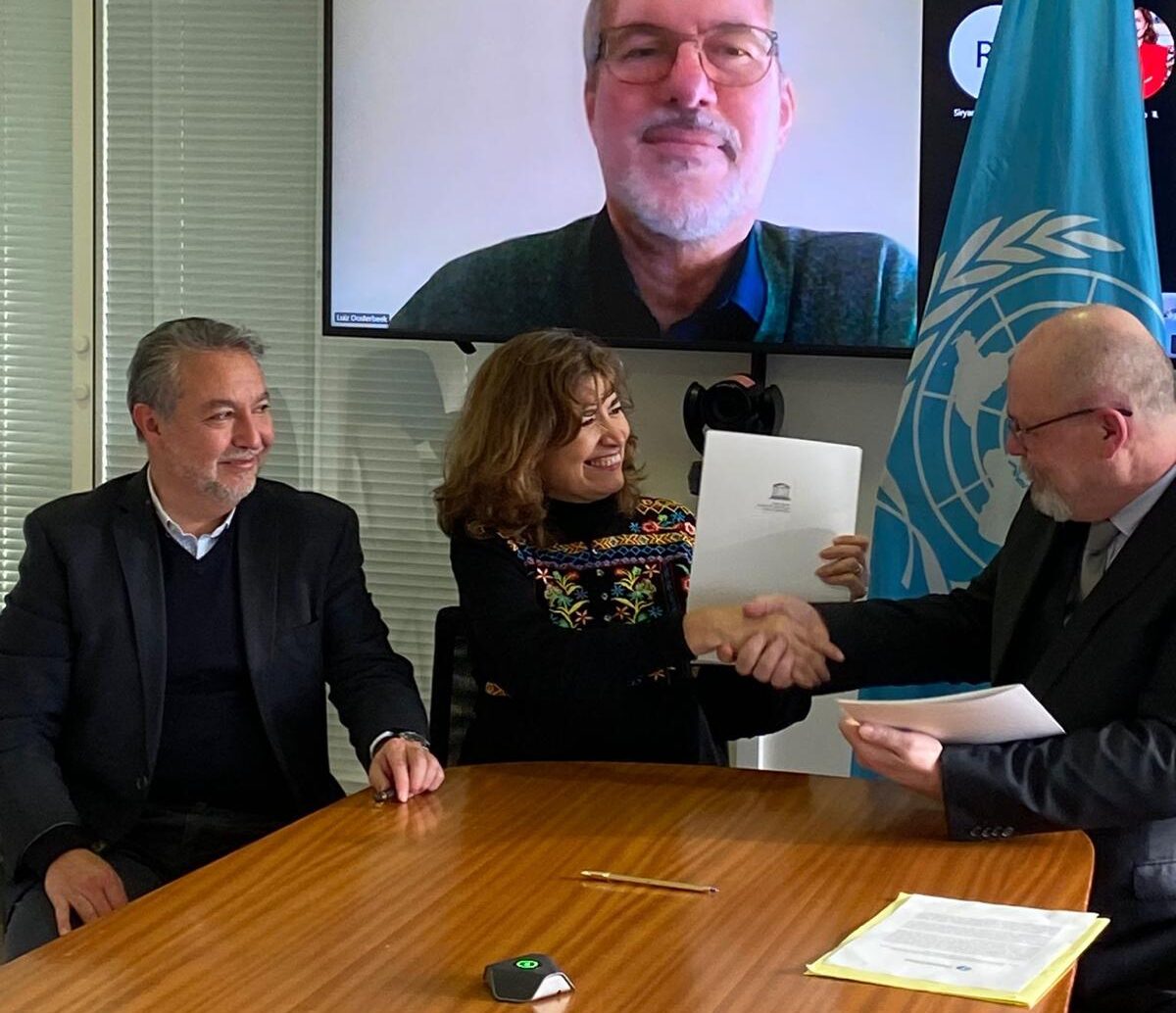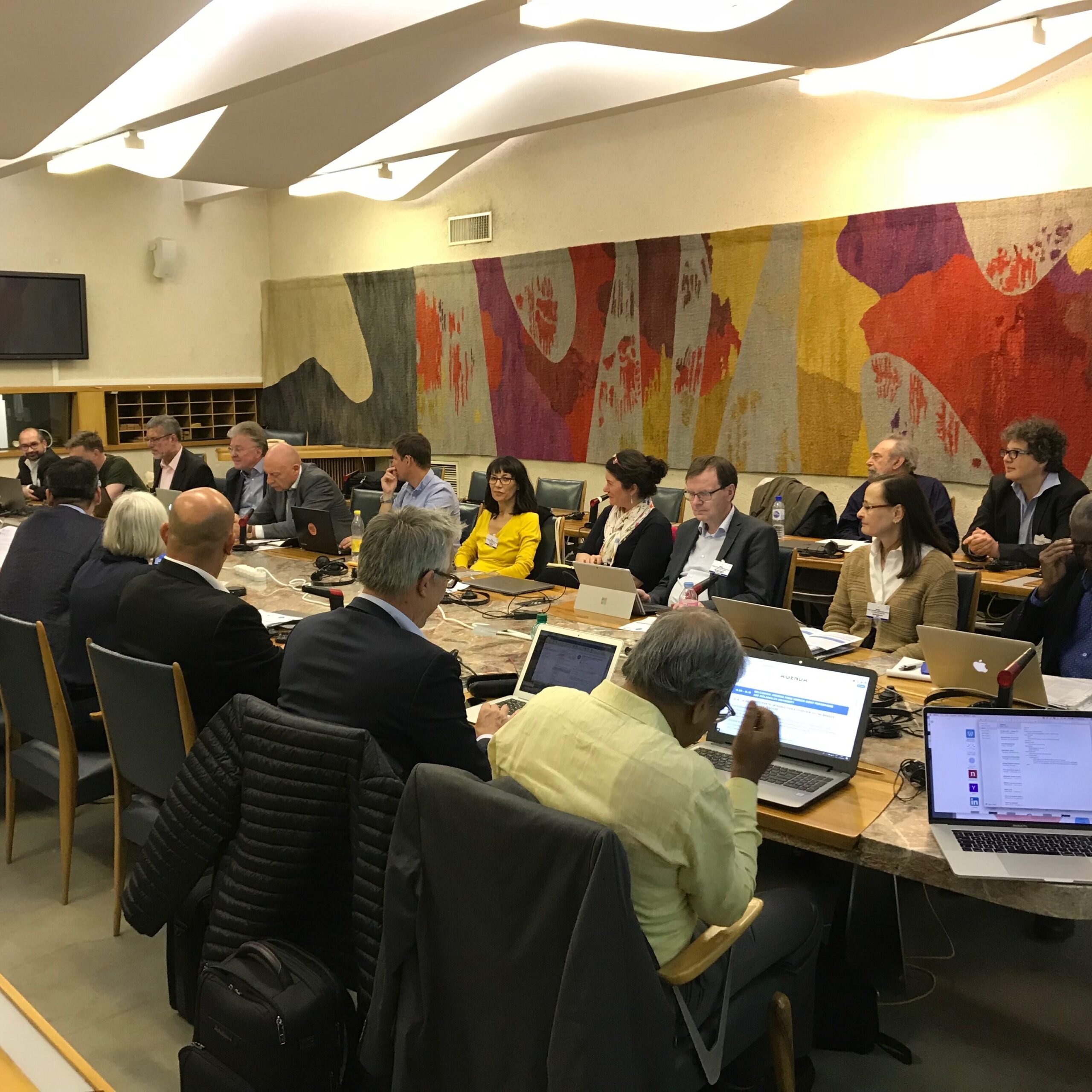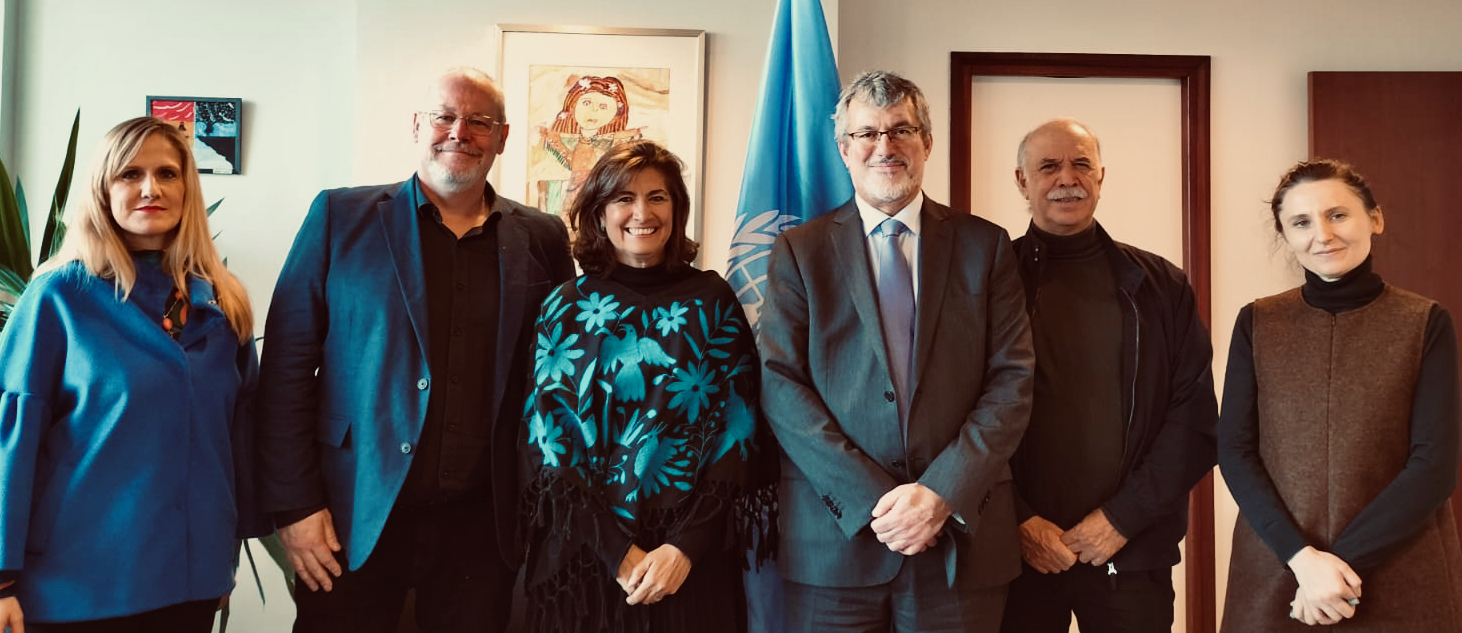BRIDGES was launched in 2021 to help address the world’s urgent sustainability needs.
BRIDGES’ Humanities-driven sustainability science is a novel transdisciplinary method that integrates conventionally undervalued knowledge systems into established approaches to deliver innovative solutions to the most pressing social and environmental challenges tackled by the United Nations’ Sustainable Development Goals (SDG 2015). It acknowledges non-academic expertise and champions meaningful co-production that combines the methods and expertise of the humanities and the arts with STEM subjects.
Despite best intentions and important progress, numerous robust evidence-based international projects are failing to address the UN’s 17 SDGs at the pace and scale required for timely sustainable transformation. This has cast doubt on realising the important milestones of 2030, 2040 and 2050, as outlined by the Paris Agreement on Climate Change and other landmark agreements and treaties. Noting that product innovation and technological advances are frequently less effective than local, person and community-centred projects, the founding partners resolved to establish a body to strengthen the sustainability science domain as it had developed over the previous two decades.
BRIDGES is a prioritised programme within UNESCO’s Management of Social Transformations section, which is one of UNESCO’s six international science programmes.

BRIDGES launched after two years of discussions among a range of organisations that had registered concerns about reaching global sustainability agenda targets.
BRIDGES provides a mechanism to inspire and deliver humanities-driven sustainability science initiatives and their findings to UNESCO-MOST’s Member States’ intergovernmental council (IGC) and its Scientific Advisory Council (SAC). By promoting a renewed and integrated approach to sustainability science, BRIDGES will provide information to the Member States to inform policy, empower populations, and avoid the short-termism that creates new problems.
(SAC is comprised of 9 internationally recognised experts and adopts a permanent advisory role for MOST projects and strategies. Alongside the IGC, the MOST Forum brings together leading thinkers and policymakers for intellectual debates on the most significant challenges and solutions for social development.)
BRIDGES promotes meaningful action for transformative change based on UNESCO’s Guidelines for Sustainability Science in Research and Education.
BRIDGES asserts that the humanities must play a leading role both in driving change that strengthens sustainability science research and the actions for sustainability. Emphasising the humanities in the context of Sustainability Science serve not only to underscore the value of knowledge resources and critical perspectives encompassed by humanistic fields, but it also reinforces the relations and indispensable roles of humanities disciplines within the wider continuum of scientific domains that compose the fields of sustainability science, education, policy and action.
Strengthening Sustainability Science begins with concentrated attention to enabling the humanities to influence the ways projects are designed in genuine collaboration with societal partners. This will ultimately require a paradigm shift that fundamentally reshapes the research ecosystem of universities, funding agencies, science communications, policy and decision-making bodies. This will address a long-existing major gap in academic research on what it will mean for societies to adapt in the face of environmental changes.
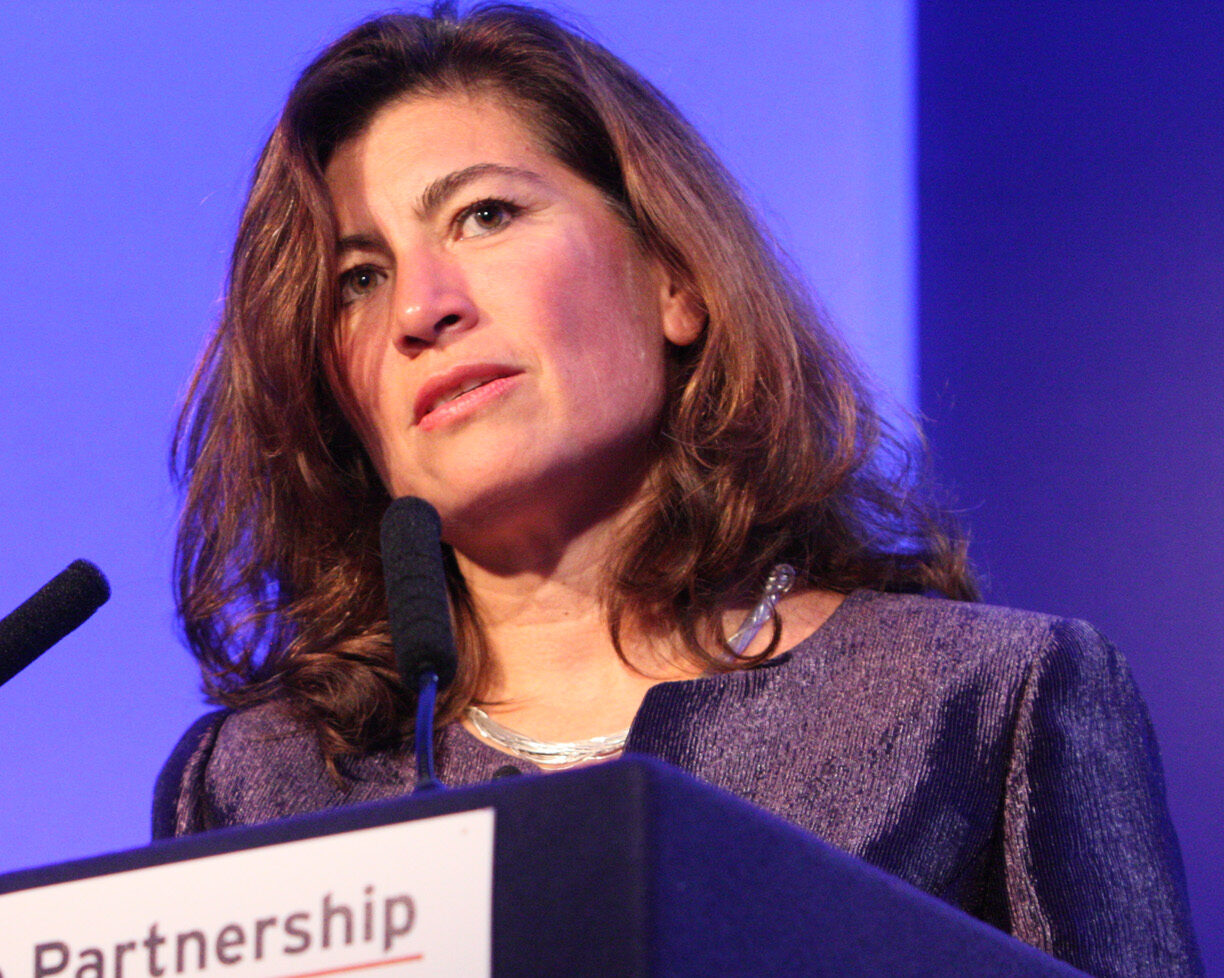
“BRIDGES is an intellectually rich understanding of sustainability.“
Assistant Director General, UNESCO, Gabriela Ramos, 2022
BRIDGES has six overarching objectives
- Implement humanities-driven sustainability science, as formulated in the UNESCO Guidelines for Sustainability Science in Research and Education, in a range of international contexts.
- Build local capacities to support effective and impactful humanities-driven sustainability science research and education.
- Develop the international scope and impact of BRIDGES through cross-regional expansion of member organisations.
- Establish a growing family of BRIDGES Hubs to increase capacities and opportunities for funding of BRIDGES-led projects and activities.
- Establish a global network of BRIDGES-endorsed projects in all regions, building on the networks of the founding partners (UNESCO, CIPSH and HfE) and the existing coalition member organisations.
- Launch high-impact international projects promoting humanities-driven sustainability science knowledge and models of effective co-production that can be fed to policy.
UNESCO-MOST BRIDGES
promotes open science, intellectual freedom, cultural diversity, gender equality, and respectful collaboration of academic researchers with local and indigenous communities, as well as equitable, balanced approaches to Global South-Global North knowledge exchange and cooperation in support of sustainable futures
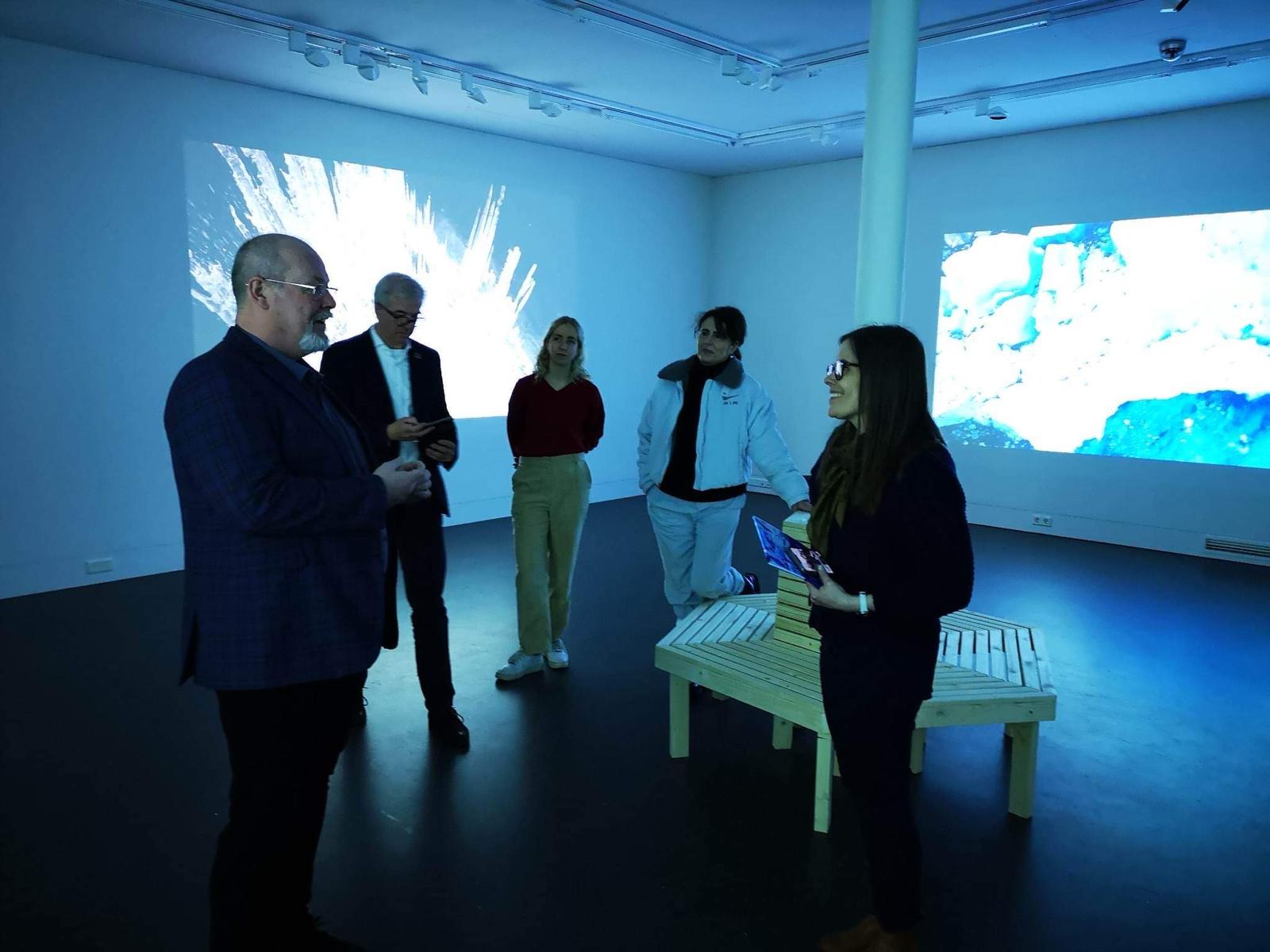
“Discussing the potential for linking BRIDGES and the Sustainable Iceland initiative with Icelandic Prime Minister and the Sustainable Iceland team from the Prime Minister Katrín Jakobsdóttir‘s office during a meeting in Höfn, Iceland, May 2023.“

